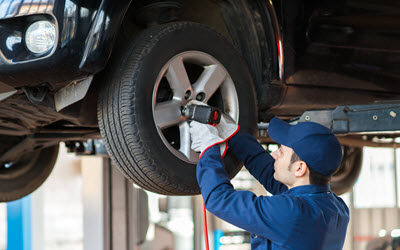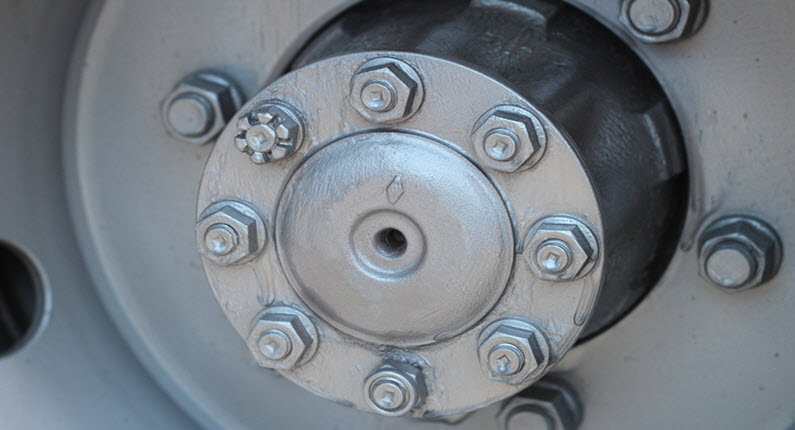Driving an Audi provides you with style, safety, and enhanced performance. Each make and model of Audi offer distinct styles, both inside and out. There are many different styles to choose from and the combinations of upgrades are seemingly innumerable.
The Audi vehicle that you decide to make your own will be unique and tailored to your personal needs. With a luxury vehicle such as an Audi, ensuring that it is properly maintained is the way to keep the performance level at its highest level.
As your Audi gets older, or if it is not driven with respect, one part that will need replacing is the wheel bearing. Below you will find out exactly what a wheel bearing is, the reasoning behind a wheel bearing failure, and a symptom to look out for that will indicate to you that there is an issue.
What is a wheel bearing?
In order to properly diagnose if your Audi is experiencing wheel bearing failure, you must first start by understanding what this part of your vehicle is and does. The wheel bearing is a set of metal balls encased in a metal ring that is called a race. The wheel bearing sits on a metal axel which is fitted tightly into a part called the hub. The hub is a hollow piece of metal that is located at the center of each wheel. The wheel bearing is secured into the hub from the back of the wheel. The purpose of the wheel bearing is to help the wheels of your Audi spin quickly while having as little friction as possible.
Reasons Behind Wheel Bearing Failure
One reason behind a wheel bearing failure in your Audi is because you have driven in higher levels of water. When the wheel bearing as installed, they are lubricated with petroleum-based lubricants to keep them functioning properly. Driving through areas with high levels of water can cause water to get into the wheel bearings. The wheel bearings are not watertight and are not made to be waterproof. So when water happens to get into the wheel bearings, it emulsifies the lubricant. This will slowly cause your wheel bearings to fail.
A second reason behind wheel bearing failure is due to large impacts on your wheel. When your Audi hits a pothole or a speed bump at a faster speed than recommended, the impact the wheel takes can cause severe damage to the wheel bearings. The impact can cause the wheel bearings to dig into the hub and this will lead to small bumps, dimples, and indents in the hub. When the wheel bearings are rolling over these bumps, they will wear down at a quicker rate.
Hearing a Roaring Noise
The most common symptom of a failed wheel bearing is a roaring noise. You will be able to hear it while driving anywhere from 15 to 50mph. Your Audi may not roar if you are driving less than 15 mph. The noise will also most likely stop when you reach speeds higher than 50mph. This is important to keep in mind because you will not want to assume that the issue with the wheel bearing has been resolved just because the roaring sounds temporarily stops or seems to goes away. As the wheel bearing continues to be left unrepaired, the load noise will persist and gradually get louder.
Getting the Wheel Bearing Checked and Repaired
Once you begin to hear the loud roaring noise coming from your Audi, it is time to bring it in for servicing. Replacing the wheel bearings is a job  that requires skill and practice so the best thing you can do for your Audi is bring it to World Class Auto Repairs. Conveniently accessible from Boca Raton, FL, the certified technicians are trained in everything Audi.
that requires skill and practice so the best thing you can do for your Audi is bring it to World Class Auto Repairs. Conveniently accessible from Boca Raton, FL, the certified technicians are trained in everything Audi.
When you bring your Audi in for servicing, you and your vehicle will be greeted with friendly faces who are willing and able to provide you with quality service that is more affordable than the competition. After one of the technicians runs diagnostics and inspections on your Audi, they will then present you with all of your options to ensure that you remain part of the decision making process. The trained technicians will then fix your Audi the right way using the most accurate and up to date tools to ensure the wheel bearing issue is fixed the first time.
 9787 Glades Rd Boca Raton, FL 33434
9787 Glades Rd Boca Raton, FL 33434 (561) 451-0502
(561) 451-0502
